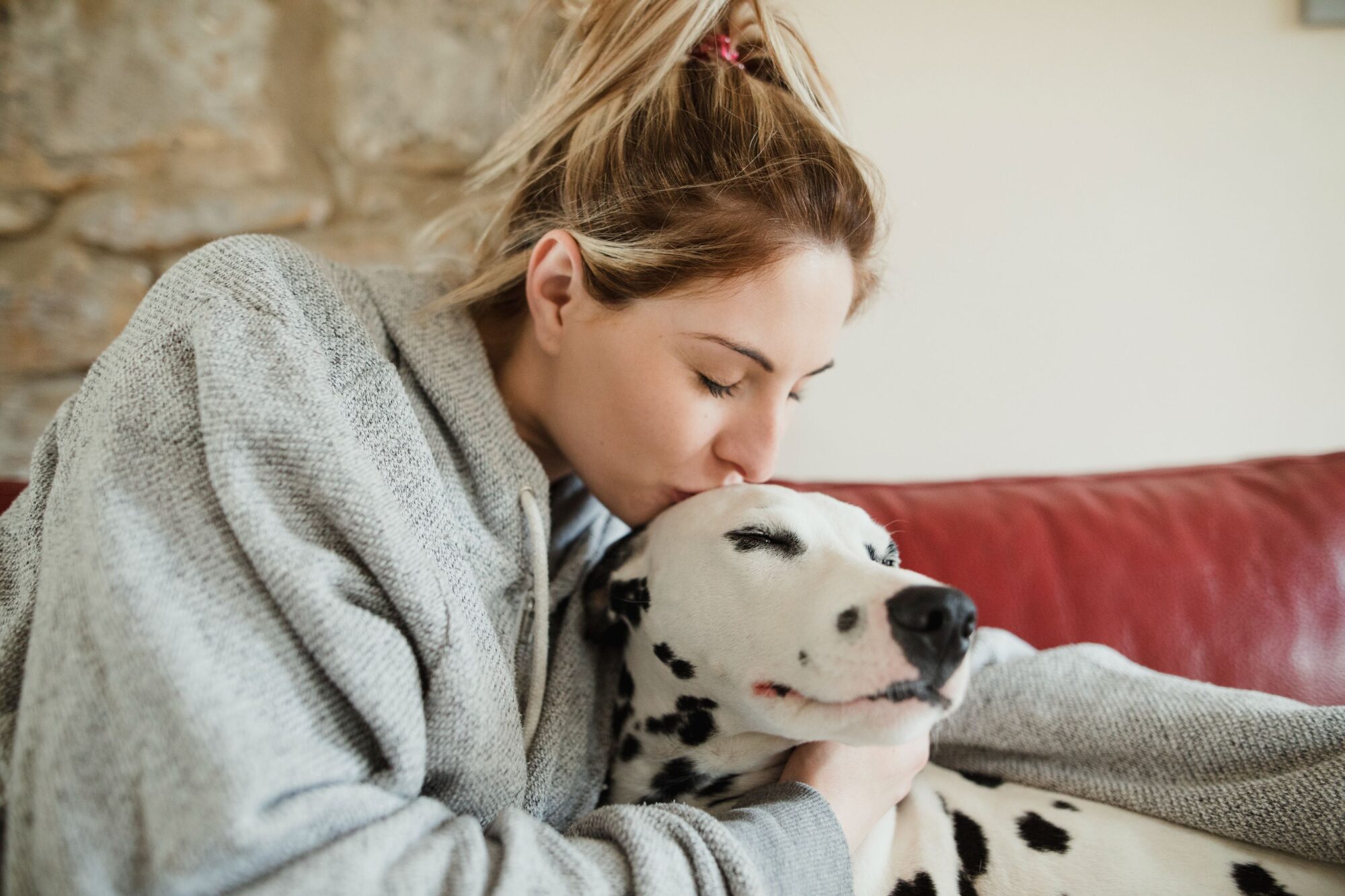Benefits of Anxiolytics to Keep Your Pet Stress-Free

You might think that your pet has it pretty good. Lounging on the couch all day with a bowl of food at their disposal and a doting human—what’s not to like? In reality, though, a great number of our pets suffer from anxiety in some form or another. The Gentle Vet recognizes this and is eager to help animal lovers everywhere better recognize and treat anxiety in dogs and cats.
All About Anxiety in Cats and Dogs
When a pet is stressed, it can manifest in different ways. Some pet anxiety is situational, such as during a thunderstorm or when visiting our team at the vet. Other anxiety is more generalized, such as pets who worry about being apart from their owners or who are experiencing heightened emotion during an event like a move.
Some signs that a pet may be experiencing anxiety can include:
- Changes in behavior
- Changes in appetite
- Weight loss
- Hiding more than normal
- Engaging in less social activity
- Overgrooming or other obsessive behaviors
- Loss of housetraining
- Digestive upset
- Destructive behavior
- Increased vocalizations
- Excessive panting
- Pacing or restlessness
Anxiety isn’t good for anyone, no matter if you are a dog, a cat, or a human. Prolonged stress can decrease immune function, slow healing, and negatively affect overall quality of life. And since our pets can’t talk, it’s our job to recognize stress and anxiety and stop it in its tracks.
Anti-Anxiety Supplements for Pets and Other Tips
If you think that your pet may be stressed, there are certainly things that you can do to help.
- Control what you can—Removing small things that may be adding to your pet’s stress level can make a huge difference. Getting rid of small stressors can make the bigger ones less impactful. Try to keep your routine as predictable as possible and provide your pet with structured exercise each day.
- Get your training on—Working on basic training can help your pet to build confidence and trust in you. You can also work to desensitize and counter condition your pet to known stressors.
- Enrich, enrich, enrich—Environment is a lot of your pet’s world. Be sure it is safe and stable. Enrich your pet with lots of mental stimulation such as puzzles and interactive activities. Be sure there are plenty of resources like feeding stations, potty areas, toys, and resting spots available.
- Look at anti-anxiety supplements—Over the counter solutions for anxiety in pets such as pheromones like Feliway and Adaptil, Thundershirts, and anti-anxiety supplements for pets such as Solliquin and Zylkene can have utility for many.
Anxiolytics and Your Pet
Some pets may need a little more than just a supplement and a more stable routine to quell their anxiety, however. This is where anxiolytics, or anti-anxiety medications can be helpful.
Anxiolytic medications can not only help your pet to feel better, they can help to lower fight or flight hormones enough so that the brain can actually learn that it’s okay. When adrenaline is high, training of any kind is often futile.
Schedule an appointment with us so that we can get started helping. Whether your pet needs something situational such as for nail trimming, or some help in their day to day life, we can help develop a treatment plan utilizing anxiolytics to get them feeling better soon.
